Ancient news stories
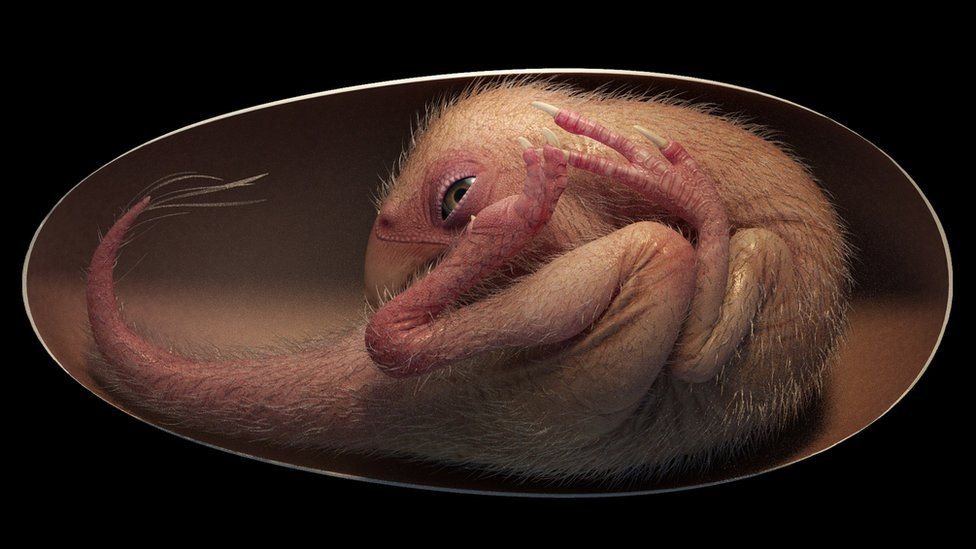
Scientists have announced the discovery of a perfectly preserved dinosaur embryo that was preparing to hatch from its egg, just like a chicken.
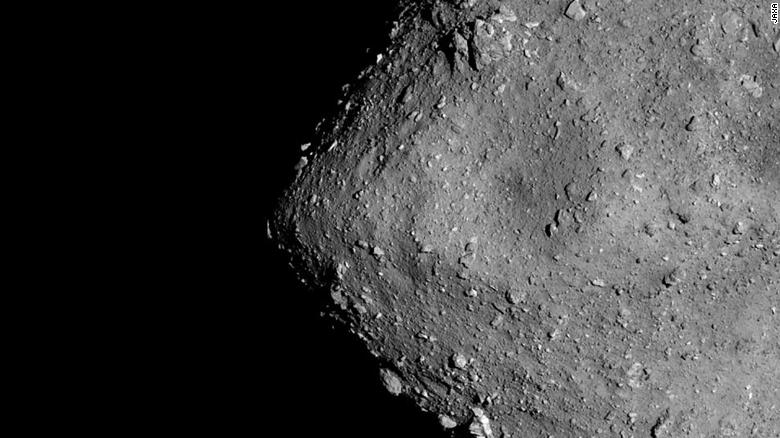
Just over a year after Japan’s Hayabusa2 mission returned the first subsurface sample of an asteroid to Earth, scientists have determined that the near-Earth asteroid Ryugu is a pristine remnant from the formation of our solar system.
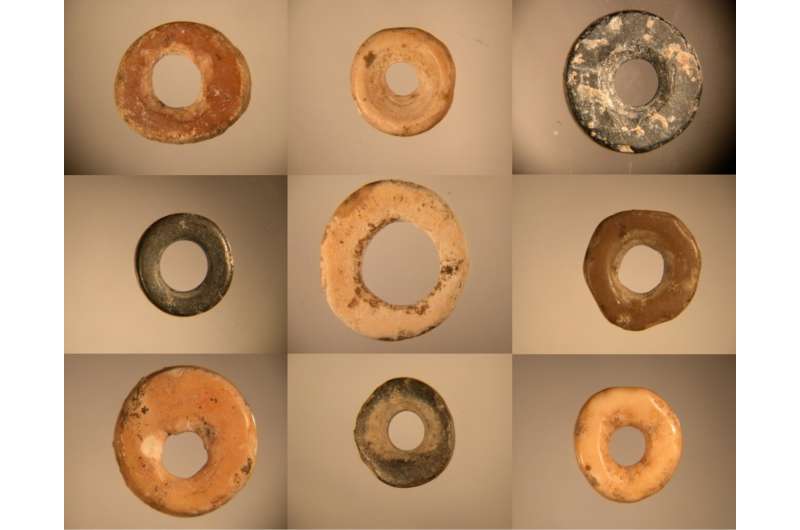
In a new study published in Nature, researchers Drs. Jennifer Miller and Yiming Wang report 50,000-years of population connection and isolation, driven by changing rainfall patterns, in southern and eastern Africa.
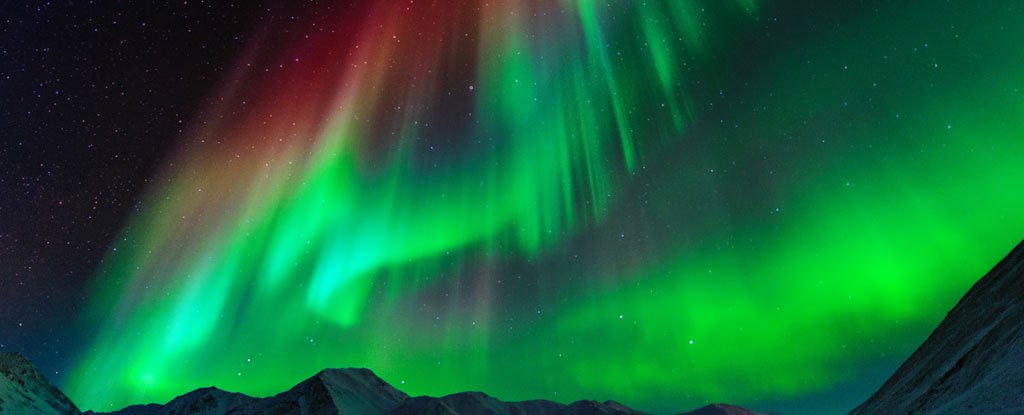
If you want to be dazzled by a spectacular northern lights display, your best bet is to skywatch near the North Pole. But that wasn’t the case 41,000 years ago, when a disruption of Earth’s magnetic field sent auroras wandering toward the equator.
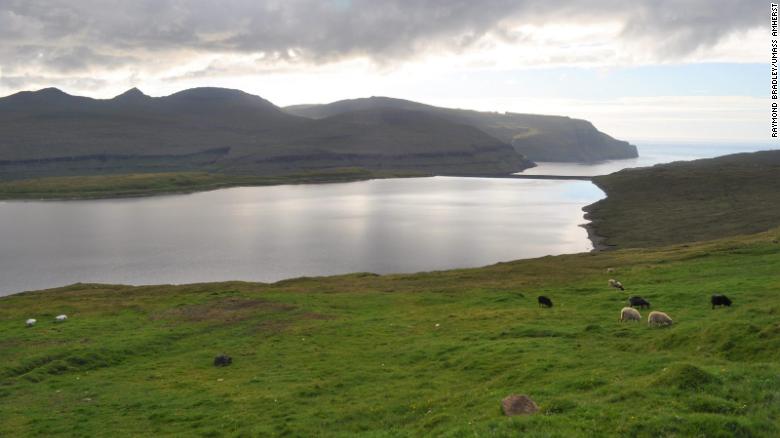
The isolated Faroe Islands were once home to an unknown population in 500 AD, about 350 years before Vikings ever arrived, according to new research. And the evidence comes from an unusual source: ancient sheep poop.

Thousands of miles away from its origin, magic happens: around 27 million tons of dust from the deserts of Africa drops out of the sky, bringing life into the ‘lungs of the planet’.
Image from: Catedral Verde – Floresta Amazonica (Wiki Commons)
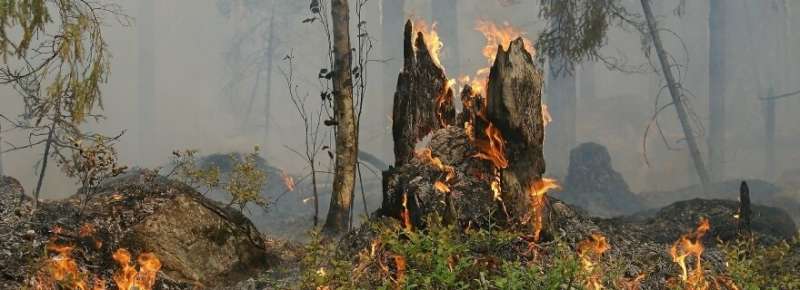
Hunter-gathers caused ecosystems to change 125,000 years ago. These are the findings of an interdisciplinary study by archeologists from Leiden University in collaboration with other researchers. Neanderthals used fire to keep the landscape open and thus had a big impact on their local environment.
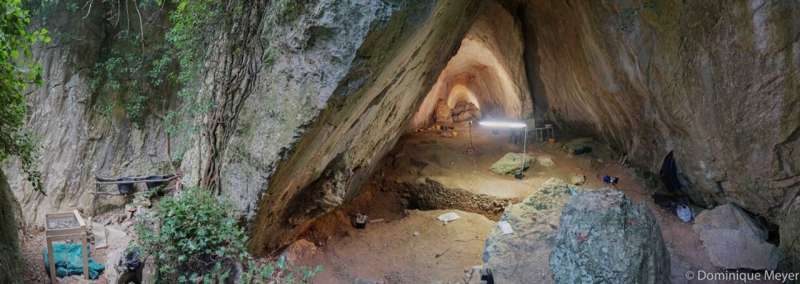
Ten thousand years ago, just after the last Ice Age, a group of hunter-gatherers buried an infant girl in an Italian cave. They entombed her with a rich selection of their treasured beads and pendants, and an eagle-owl talon, signaling their grief, and showing that even the youngest females were recognized as full persons in their society.
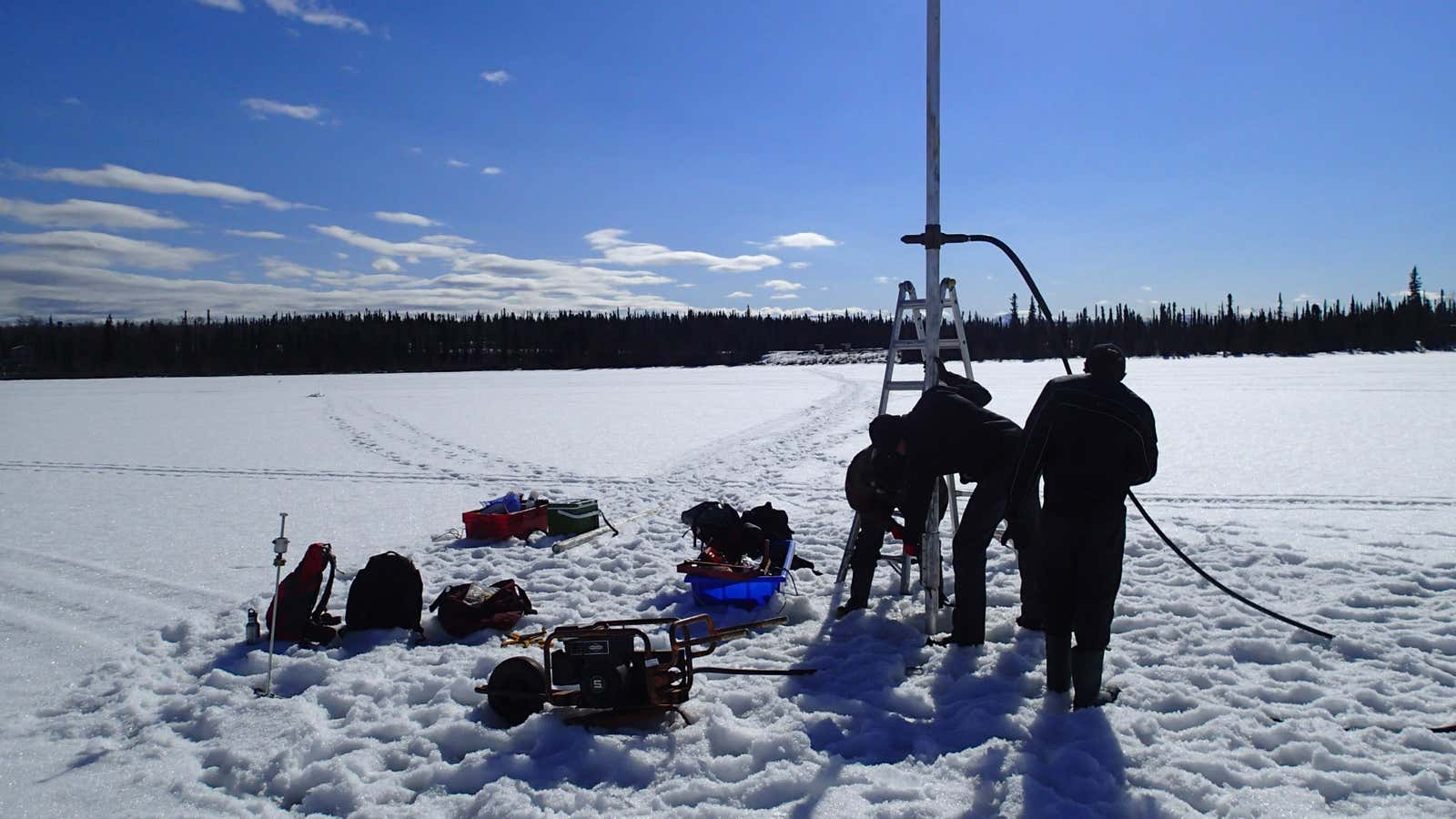
Soils kept in cold storage suggest that some of these now-extinct animals survived longer than previously thought…The ice-cold cores from Klondike were later found in a McMaster University freezer by Tyler Murchie, an archaeologist specializing in ancient DNA at the university, who began to reinvestigate them. Murchie and his team’s work was published today in Nature Communications.
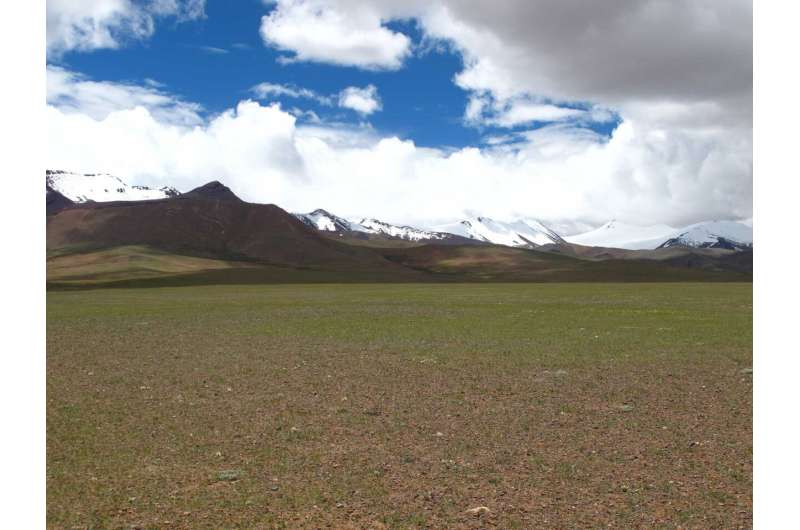
The Tibetan Plateau has long been considered one of the last places to be populated by people in their migration around the globe. A new paper by archeologists at the University of California, Davis, highlights that our extinct cousins, the Denisovans, reached the “roof of the world” about 160,000 years ago—120,000 years earlier than previous estimates for our species—and even contributed to our adaptation to high altitude.
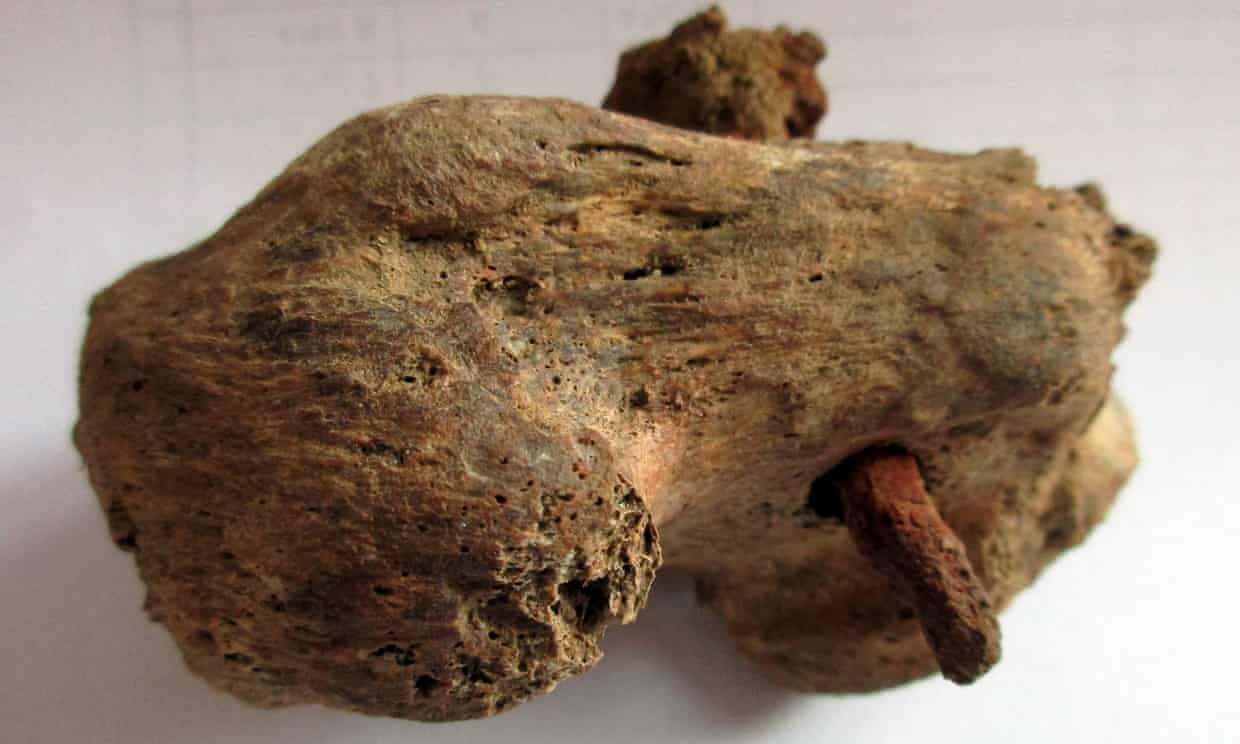
Near 1,900-year-old skeleton discovered with nail through heel bone during excavation in Fenstanton
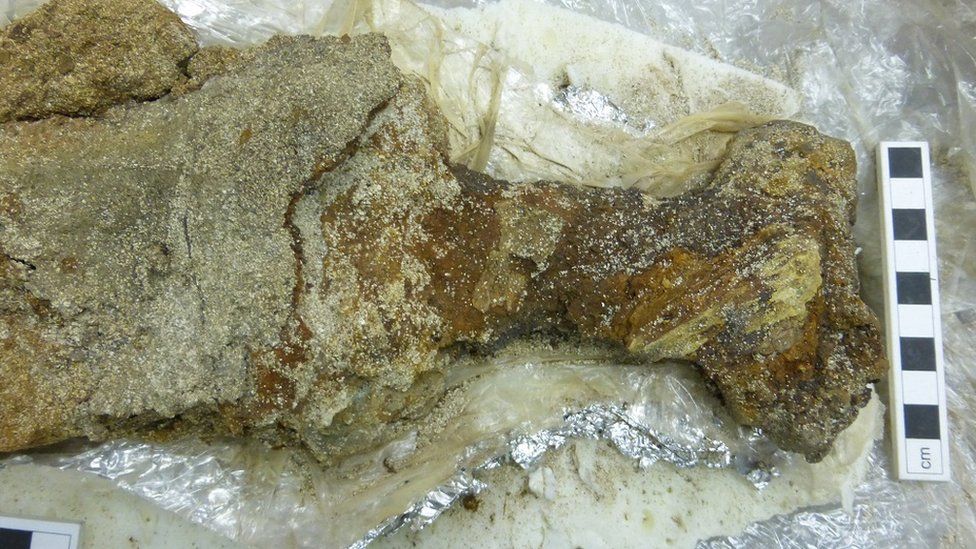
A Viking sword found at a burial site in Orkney is a rare, exciting and complex artefact, say archaeologists.
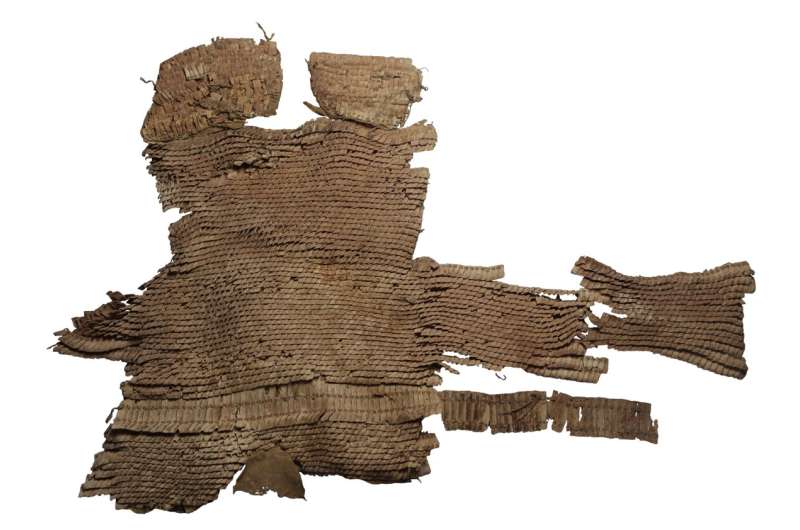
Researchers at the University of Zurich have investigated a unique leather scale armor found in the tomb of a horse rider in Northwest China.
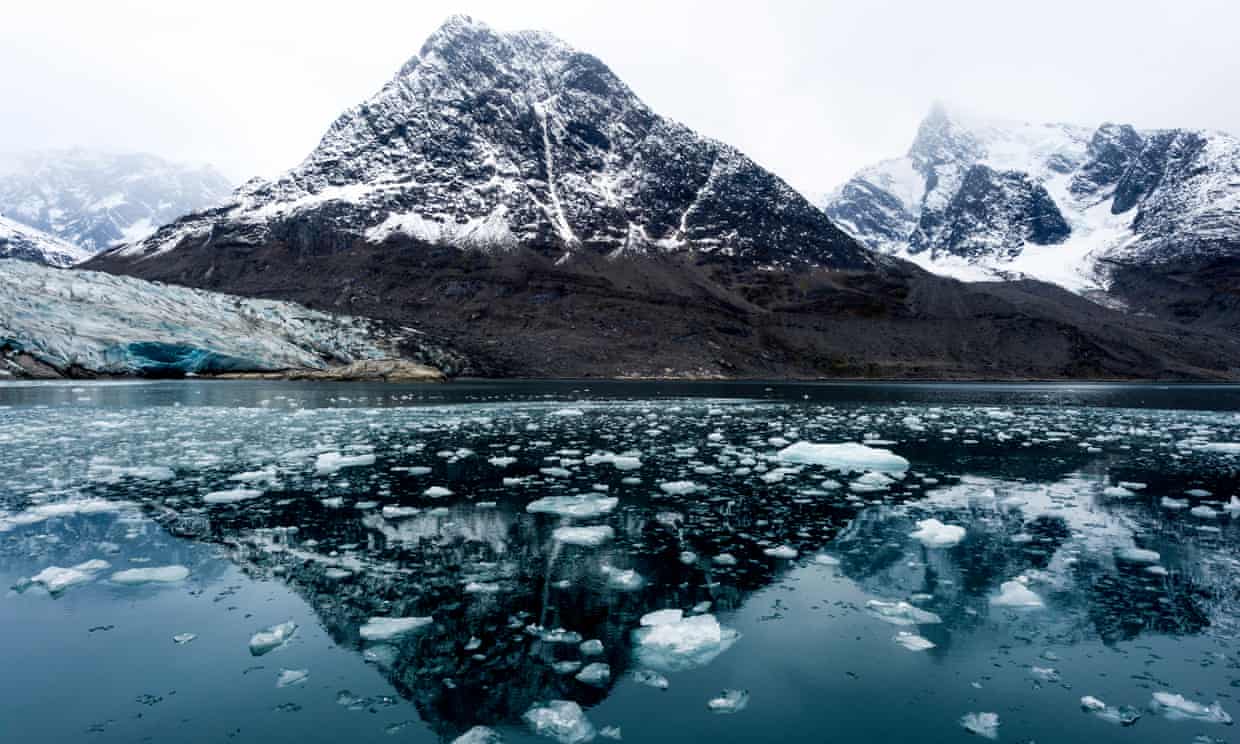
The mighty forces that created our planet’s mountains in ancient days got some unexpected help, scientists have discovered. Their research shows some of Earth’s greatest ranges got a boost from primitive lifeforms whose remains lubricated movements of rock slabs and allowed them to pile up to form mountains.
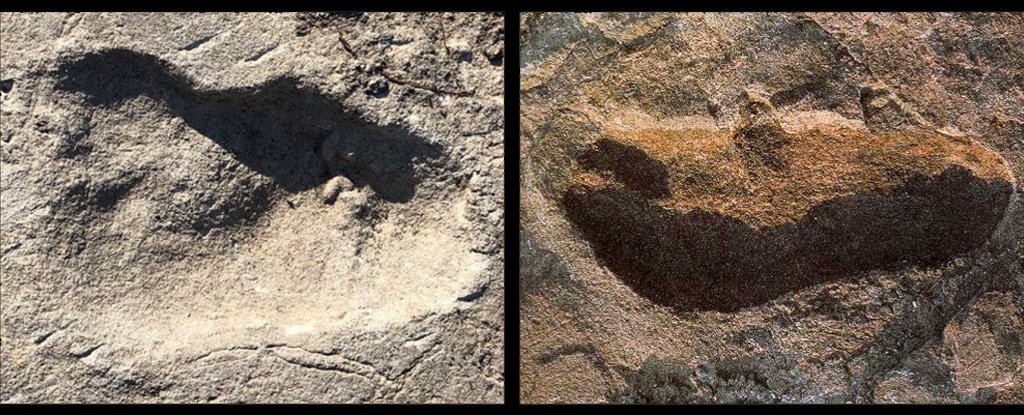
A staggering 3.7 million years ago, an unknown species walked on two legs across a blanket of volcanic ash in what’s now northern Tanzania. These steps, immortalized by the volcanic ash gradually turning into rock, were unearthed back in 1978 and mistakenly dismissed as being bear-like. But not everyone agreed.
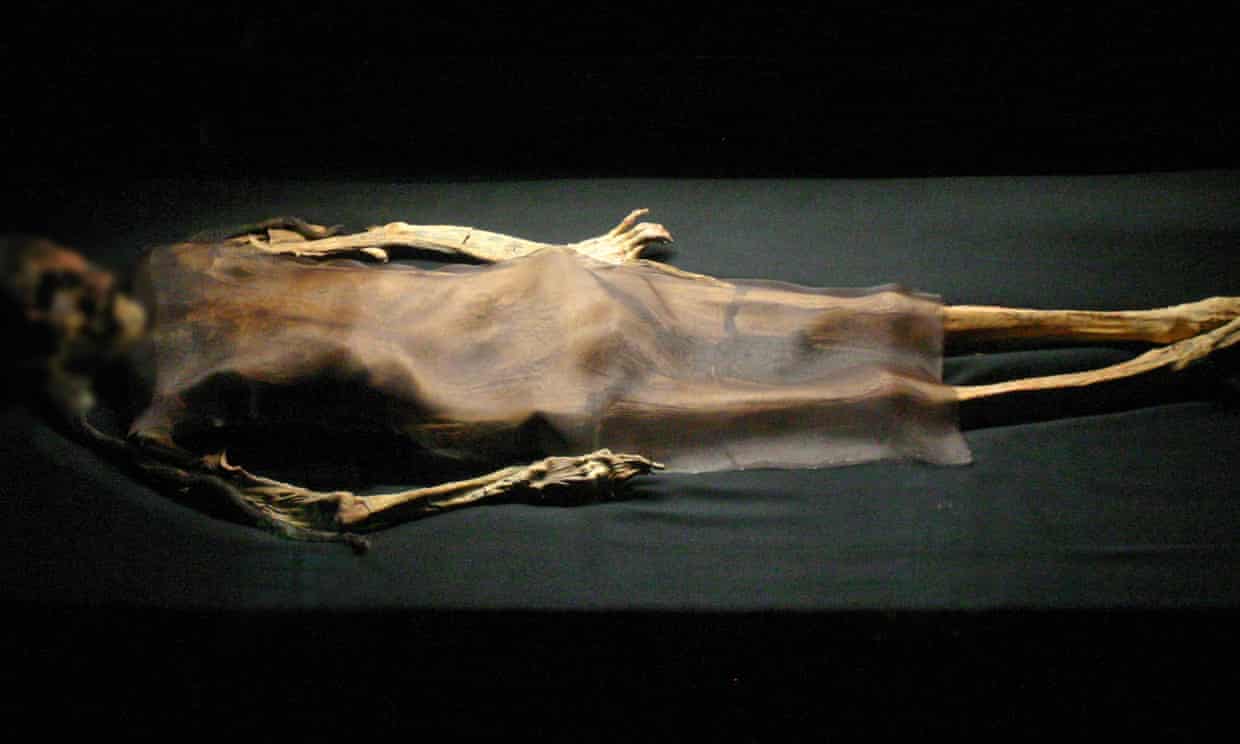
Remains found inside an underground structure were tied up by ropes and with the hands covering the face.








